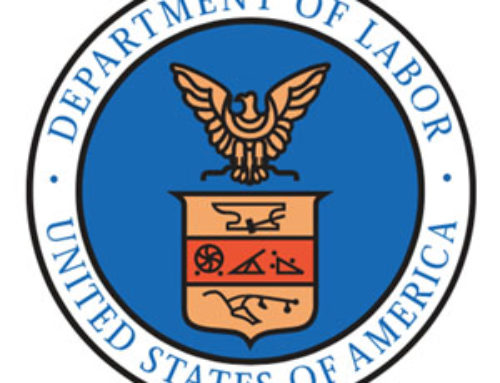Use a licensed contractor. Pay travel costs up front. Document everything.

Brendan Monahan
Those were among the tips attorney Brendan Monahan offered growers who are considering hiring seasonal guest workers under the federal government’s H-2A visa program.
Monahan spoke at a January labor conference hosted by the Washington Growers League in Yakima, Washington.
Monahan, an attorney with Stokes Lawrence law firm in Yakima, often represents agricultural employers in legal matters, including a few facing federal lawsuits over hiring practices involving H-2A workers.
Here are 12 tips from his conference presentation.
—Use a licensed labor contractor (in Washington, by the state Department of Labor and Industries). Using an unlicensed recruiter can fetch a minimum $1,000 per worker in statutory damages in Washington in the event of a lawsuit.
—Have an attorney review the contract each year. The rules — and how the U.S. Department of Labor and states apply them — change year to year.
—Strictly forbid, both verbally and in writing, the collection of any form of payment from the guest workers, either in Mexico or elsewhere. Spot-audit the employees upon arrival and investigate any allegations of kickbacks, bribes or fees. Such violations of H-2A regulations could trigger triple-damage lawsuits.
—Purchase insurance that covers workers en route from their country. Workers compensation law is unsettled about when and where it applies to H-2A workers.
—Double-check that this insurance covers workers’ injuries sustained at housing facilities for all hours.
—Pay travel costs up front, even though the law requires it only after 50 percent of the contracted work has been done. If you plan to recover those costs from workers who do not complete 50 percent, address it in the contract.
—Comply meticulously with domestic recruiting laws, including with prior workers. Practice “positive recruitment,” a legal term described here: bit.ly/1omWAam.
Still, there’s disagreement about what the term means, so discuss it with your attorney.
—Consult counsel about the geographic region and categories of employees who must be offered terms of employment described in a clearance order.
The law requires that domestic workers get a fair chance to consider and accept the same terms and conditions offered to an H-2A employee; it’s the most litigated portion of H-2A law.
The stipulation becomes more complicated the greater the geographic area an employer covers, the greater the variety of crops and the more legal entities involved in the corporate structure.
—Train supervisory employees about where and how domestic applicants should apply and the terms they will be offered.
They must offer job opportunities to anyone who applies for work through 50 percent of the contract window.
For example, if an employer receives federal approval for 200 H-2A workers for June 1 through Oct. 30, they must offer the same jobs to domestic applicants through Aug. 15.
—Train staff to offer the H-2A approved jobs to all domestic applicants from the time the federal government approves them through 50 percent of the contract.
—Document everything — all contact with domestic workers, all lunch and rest breaks, all hours worked and all labor contractor licenses displayed.
—Consult counsel about inviting and not inviting workers, either in the first place or for a return trip.
Install safeguards to prevent bribery or unlawful favoritism. Document all reasons behind a decision to decline to invite workers to return.
The law allows employers to pick and choose which workers to invite back, but plaintiffs’ lawyers may allege retaliation or “blackballing,” as they call it. (In Washington, the state Attorney General’s office has recently investigated some instances.) To avoid accusations, clearly document the reasons. •
– by Ross Courtney






[…] By Ross Courtney, Good Fruit Grower […]